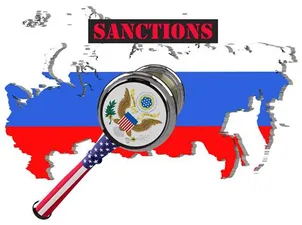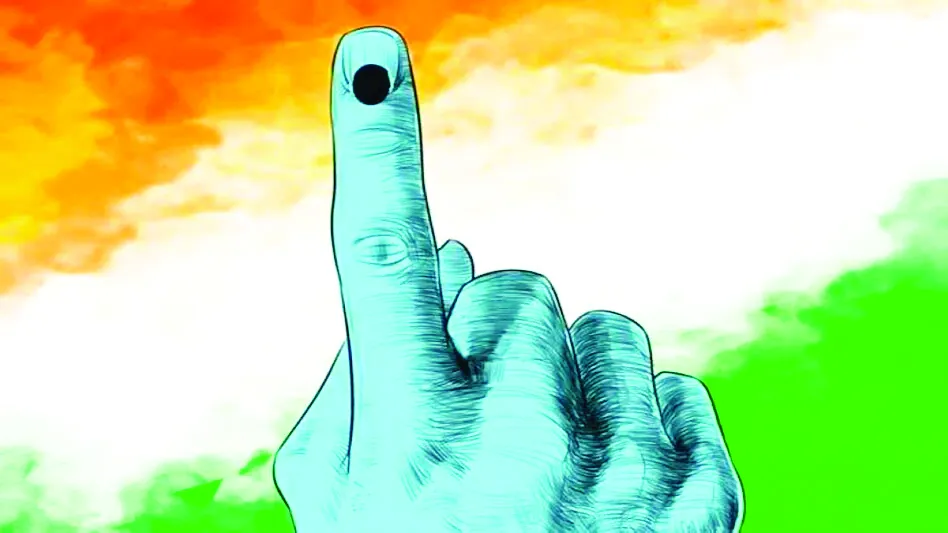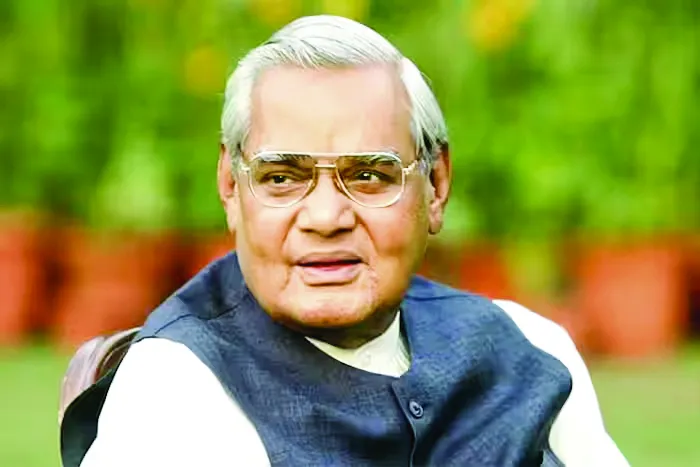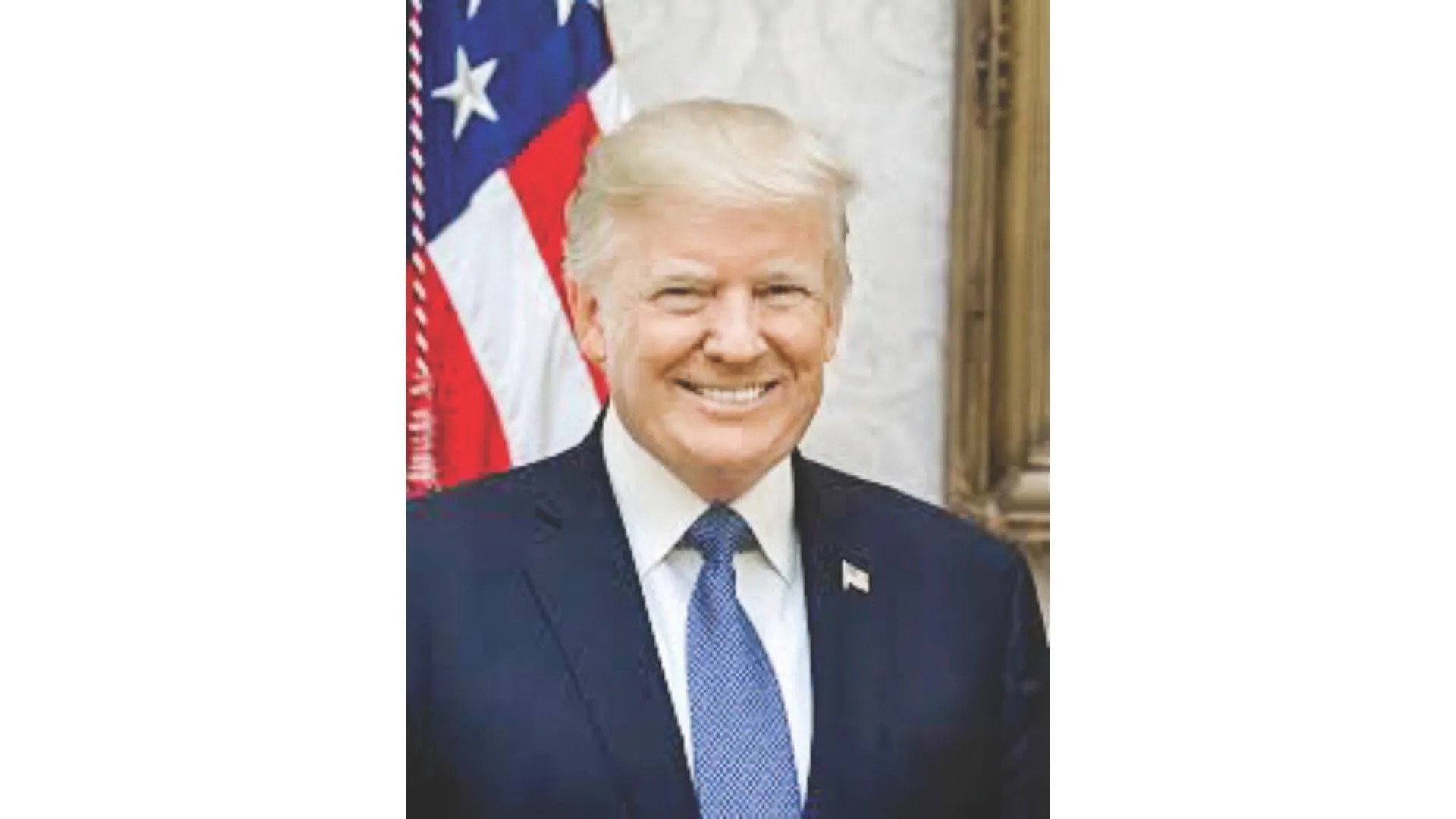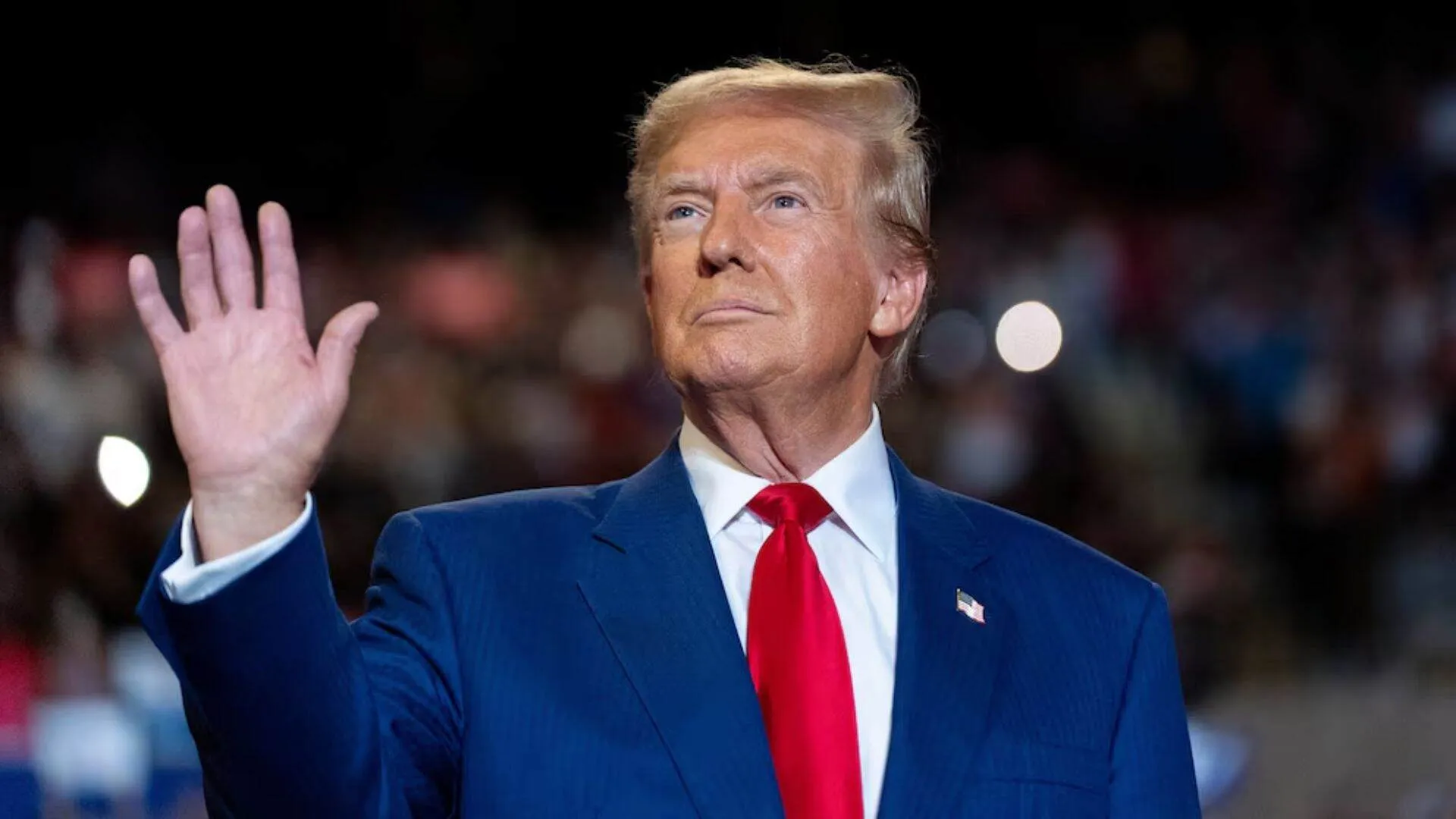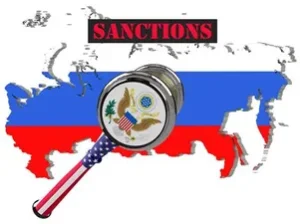After Russia’s invasion of Ukraine, the US and its allies issued a slew of sanctions in recent years, including an unprecedented 10 rounds of punitive actions in the West’s hope to kneecap its economy and President Putin’s regime so as to get his troops out of Ukraine and even to promote western democracy.
But there is little evidence that sanctions work, but instead sideswipe innocent third parties like India getting reduced access to food, for example. So, why have them?
Well, Janet Yellen, US Treasury secretary, paints a rosy picture explaining why. In an interview on GPS, a CNN news show hosted by Fareed Zakaria, she emphasized that sanctions against Russia were highly helpful. And furthermore, the US dollar would remain a monetary “hegemon” (her word) despite all the sanctions and beyond.
But after the sanction and fear campaign against Moscow, it is still standing. Russia has even been forecasted by its central bank to grow faster than just about all NATO country economies, which have subscribed to the Washington-led campaign to support the defeat of the Ruble, Russia ‘s economy and in battlefield. India has taken note of the West’s lack of success, especially on these economic fronts. It is adjusting to these facts.
One reaction is to feel safer to move more away from the “Yellen, hegemon” dollar, a key tool in weaponising US sanctions. There are risks of falling dollar, as well explained in an April 22, commentary by Neta Seth in this newspaper. And if sanctions go wild or are overreacted to, causing to de-dollarize too quickly, it could affect the subcontinent and beyond badly with high interest rates, greater inflation, more trade barriers and a serious recession. But against these, the financial attacks, vociferous as they may be, by the West of kicking Russia out of the main money transfer system such as SWIFT, have had their costs. As a result, Russia, China and others are also moving away from US dollar-based transactions, as well as away from other western currencies. This is done in fear they might be next for being fully or partially kicked out of SWIFT and prevented from using the dollar. So consequently, in part, India now does much more of its global transactions with its rupee. More sanctions might make India move faster in this direction.
On the other hand, the Middle East countries are also developing mechanism where they can curtail their transactions in dollar. Given the trillion dollars of trade and investment connected to the petrodollar, this is not good news for Washington’s geopolitical influence. Does all this serve democracy-building, a sanction goal? I doubt it. Besides, many describe America as an oligarchy.
Others worry that the US Treasuries could lose a lot of worth given the level of trillions of dollars of US money printing and debt. These parallel sentiments of Ray Dalio, one of the most important US hedge fund managers of recent past. Therefore, sanctions added to US debt concerns, clearly make for a dangerous financial cocktail for the world holding so much US dollar denominated debt, including India.
More generally, a wide range of economists do not believe in such barriers. The top policy think tank, the Brookings Institution in one of its reports underscores this when it states, “Yet all too often sanctions turn out to be little more than expressions that hurt American economic interests without changing the target’s behaviour for the better.” Not so good for those who want more democracy? You betcha!
Besides, too many top US politicians wishfully forget that Russia is just too big and dangerous to treat like Iraq, Syria and Venezuela without a bad, consequential pushback. And even US sanctions have not worked against those much smaller, less powerful countries nor Cuba over several decades. Sanctions against Iraq even had calamitous impacts on infant mortality but had zero impact on regime change so desired by NATO members like the UK and the US, in particular. Worse, former US Secretary of State, the late Madeline Albright underlined the rawness and brutality of them when she stated that if many Iraqi babies had to die due to sanctions, it was a price worth paying to undermine Saddam Hussein. You really have to wonder what the US State department’s mentality is with sanctions and the vast bureaucracy at Treasury that cannot prevent so many of them being worked around, anyway?
For New Delhi, no friend of seeing Russia invade Ukraine, its conclusion may be this nevertheless. Washington should know that if such virulent sanction campaigns against Moscow do not overall work, they would be totally a disaster if applied against India, a recognized, non-belligerent democracy. This gives India more reason to buy cheap Russian energy without fearing sanction retaliation?
Or how desperate might a declining “empire” behave. The British one behaved extremely badly in its decline, tying protesting Indians to canons and firing then away. And talking of blowing away to maintain its hegemony over Europe, look at likely what Washington did to the Nord Stream pipelines, now heaps of broken metal.
There remains no doubt that India, along with the rest of the BRICS countries, is pushing the concept of the multipolar world. They are even considering having their own currency to bypass current and future sanction risks. Washington, though this time by the very negative fallout from the war in Ukraine, indeed has been further exposed as not being able to stop the multipolar emergence, especially with China nearing the economic, if not military size of the US – yet. And India may promise to be even a larger superpower in the next century, already surpassing China’s population. Even some in France like President Macron see the negative damage against third parties in Europe.
Sanctions have largely a bad record overall in accomplishing their ends. Often, it is the average man and women or certainly Indians in the poorest areas, affected by high food to energy prices due to these punitive actions by the West that even fall short of their intended objectives. They are more political theatre for the western home crowds for politicians to try to prove they are doing something. And one might argue that the only tangible monetary benefit has been to the US Treasury that has collected billions in fines from those trying to evade them.
Besides, Yellen and her department can be argued are like a protection racket finding even false or exaggerated reasons to sanction large foreign companies gaining too much edge over US competitors. But this approach leads to higher prices for western and even Indian consumers and more barriers put up against western commercial interests in retaliation.
The risks are that despite any short term benefits, sanctions stepped-up might more directly worsen tensions leading to global war and economic meltdown. Indians indeed, need to take measures to avoid being impacted by sanctions and helping to reduce any popularity of these ineffective, even dangerous tools. And ones that are more and more a protection racket for the West.

Peter Dash, an educator is a former professor and past Associate of Harvard University’s Center for International Affairs, Cambridge, USA.

